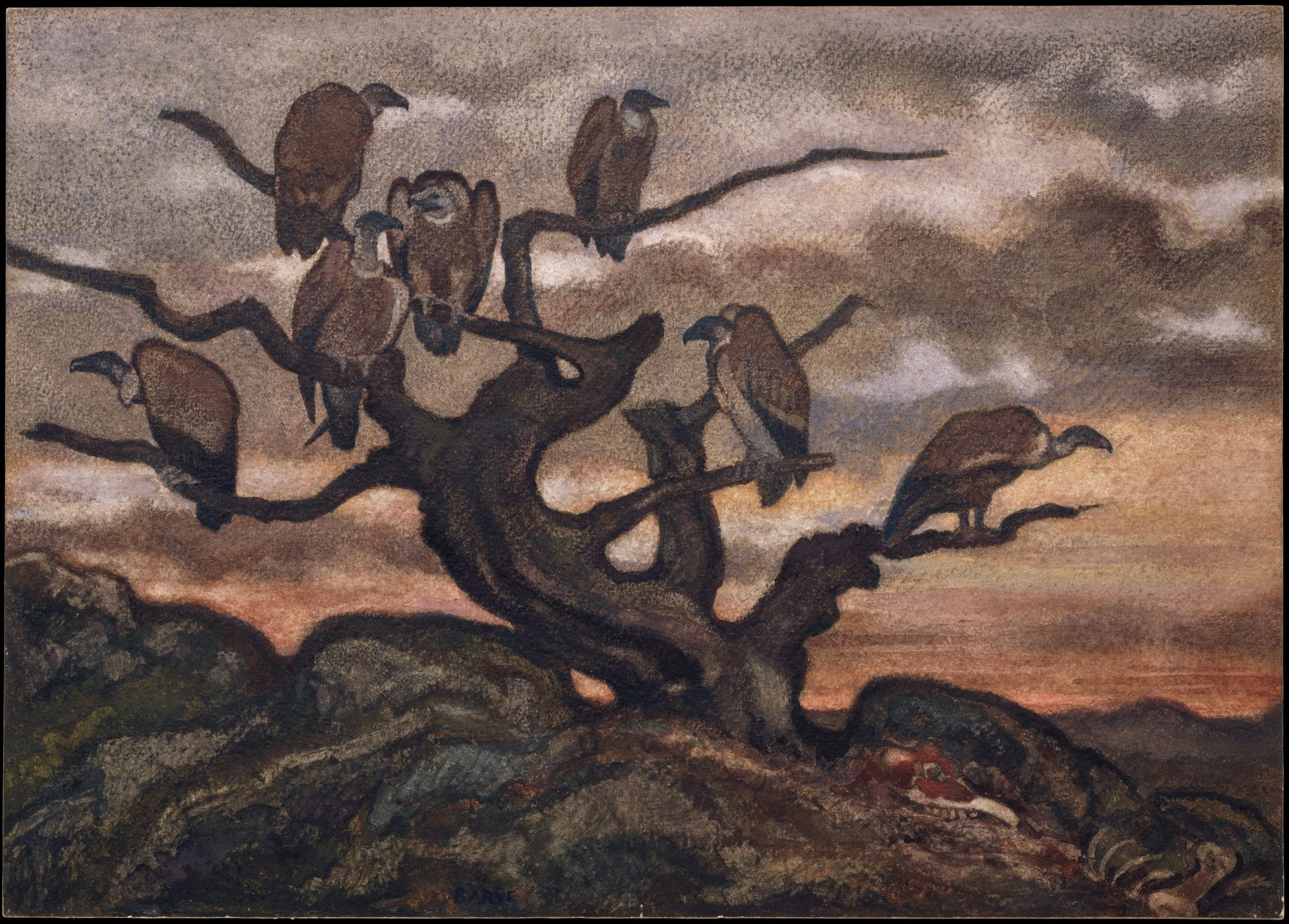Perspectives on Evolution Journal 2: Falsifiability, Theology, and Extinction
The following reflections focus largely on Christianity and worldview. They constitute responses to journalling prompts, which stem from a capstone course in biology.
1. What science have you encountered at Redeemer that made you think hard about your religious beliefs? Please describe the scientific idea and the context surrounding your encounter.
Figure 1. Trial and condemnation of Galileo
In SCI-310, Dr Brouwer introduced me to Karl Popper’s Falsification Principle (Popper, 1959). The notion has heavily influenced the extent to which I now question things. Ptolemy’s interpretations of the stars informed scientific opinion for hundreds of years (Ptolemy, 1984); Galileo was punished for advocating the heliocentric system—placed under house arrest for the rest of his bleeding life (De Santillana, 1955). Paradigm blindness epitomises the tragedy of stubborn convictions. For whatever reason, certain individuals and authorities have trouble eating crow. They cling to erroneous ideas. Considering Galileo’s evidence, I would bet my left arm that several Catholic leaders recognised the flaws in their geocentric position; they only dismissed Galileo as a means of saving face. If the Catholic Church is wrong about one thing, what else is it wrong about? Such questions would undermine the Church’s image, depriving the Catholic leaders of power, money, and flock.
Figure 2. Watercolour Jesus—Netha Hussain
Ultimately, the Falsification Principle taught me to observe the following humility: always be open to the possibility that you could be abysmally wrong. I still believe in Christ. For me, life is too sad and pointless without the hope of something beyond our human experience. Of all the world’s spiritual ideas, Jesus offers the most attractive promise—I’ve never encountered another god who died for his people. That said, if we Christians believe in things like immaculate conception and resurrection, why not be open to other supernatural traditions, such as shamanism and Jewish mysticism? I think that magic crystals are ridiculous, but I concede that their practitioners could be on to something. If we scoff at foreign perspectives, we may overlook an important piece in the jigsaw of objective truth. The World’s Sixteen Crucified Saviours holds an unsettling place on my to-read list.
2. What new revelation about the Bible have you encountered at Redeemer that made you think hard about your previous beliefs about the Bible? Please describe the new revelation and the context surrounding your encounter.
Figure 3. Christian Doctrine cover
In 2016, I participated in REL-251: Reformation Theology. I liked Dr Herfst quite a bit. He was a good professor for Redeemer. Tony Lane’s Exploring Christian Doctrine served as our primary text. I haven’t made time to find the exact passage; this is not verbatim, but the book emphasises the following argument: Christians should reject the world, as it binds us to sin; at the same time, we should embrace the world, as it allows us to pursue a relationship with God (Lane, 2014). Long ago, I accepted my mortality. I don’t think that Christians are divinely protected for the sake of preordained tasks—not typically, at least. Death can happen randomly and horribly to anyone. Lane’s composition reinforced my suspicion: our fallen existence goes hand in hand with grief; suffering constitutes a “soul-making process” (Lane, 2014, p. 100).
3. What have you already encountered in this class that might give you pause for thought or create some disruptive thought in your mind? Please be honest and transparent while not just writing about what you are feeling but rising above that to reflect on why you are thinking that way?
Figure 4. Vultures—Antoine-Louis Barye
The Tangled Bank states that “more than 99 percent of all species that ever existed have become extinct” (Zimmer, 2014, p. 26). In that regard, humanity’s doom seems all but inevitable. Maybe an asteroid will pulverise the Earth and drown our remains with tsunamis; perhaps the sun will become a red giant, engulfing our planet amidst the expansion. Maybe disease will wipe us out; if you haven’t heard of them, check out nuclear polyhedrosis viruses (NPVs). They infect lepidopterans, precipitating insanely high mortality rates; the caterpillars actually liquefy as the pathogens permeate their cells (Quammen, 2013). It’s not unreasonable to deduce that a similar fate could befall us Homo sapiens; millions of melting bodies—now that would be a pandemic to fear.
As much as I like to think that I don’t dread the end, I’m sure that I’ll have different feelings as death gets closer to my doorstep. Uncertainty scares me. I choose to believe in Christ’s sacrifice, but I’m not yet confident that redemption applies to me. When I was a kid, I bargained with the Devil, offering my soul in exchange for Star Wars toys. As silly as that may sound, a part of me still shudders at the prospect of a diabolically permanent pact.
References
De Santillana, G. (1955). The crime of Galileo. University of Chicago Press.
Fæ. (2014). Galileo Galilei at his trial [Photograph]. Wikimedia Commons. https://commons.wikimedia.org/wiki/File:Galileo_Galilei_at_his_trial_Wellcome_V0018717.jpg
This image is licensed under CC BY-SA 4.0
Graves, K. (2001). The world's sixteen crucified saviors. Adventures Unlimited.
Lane, T. (2014). Exploring Christian doctrine: A guide to what Christians believe. InterVarsity Press.
Popper, K. (1959). The logic of scientific discovery. Basic Books.
Ptolemy, C. (1984). Ptolemy’s Almagest. (G. J. Toomer, Trans.). Duckworth.
Quammen, D. (2013). Spillover. Vintage.
Zimmer, C. (2014). The tangled bank: An introduction to evolution. Ben Roberts.



